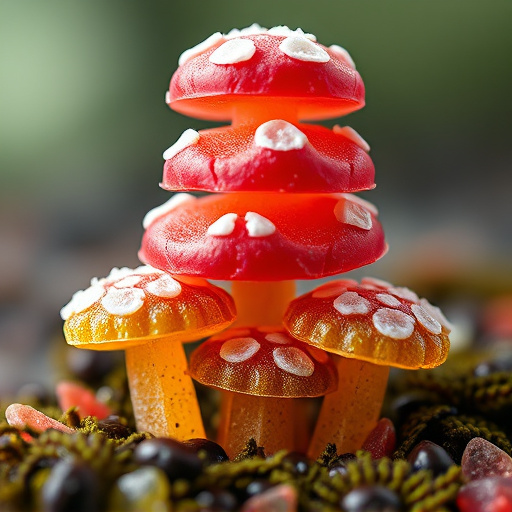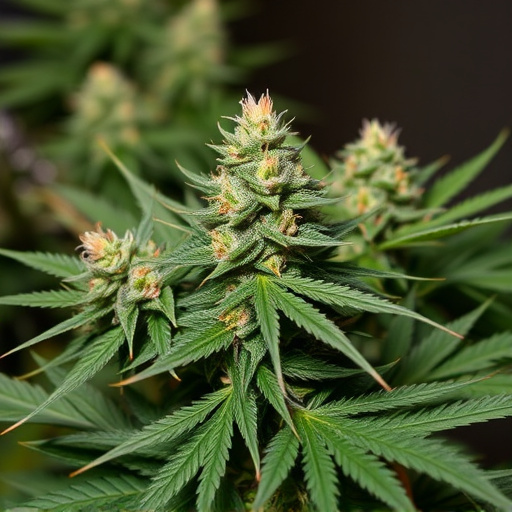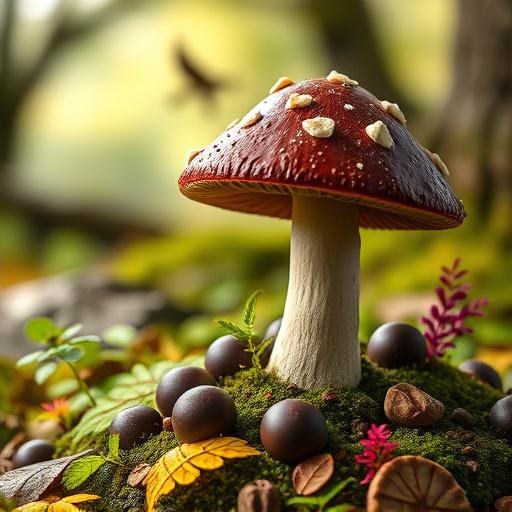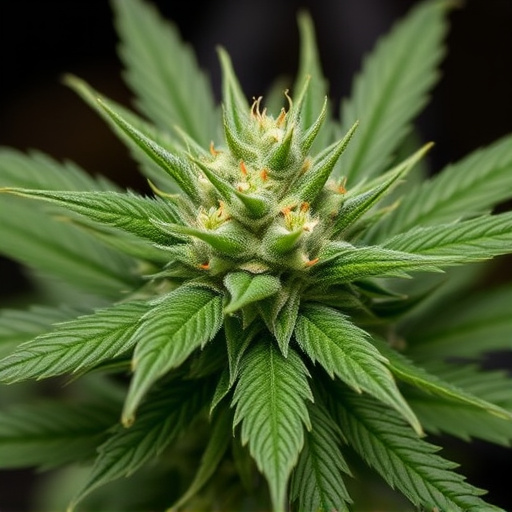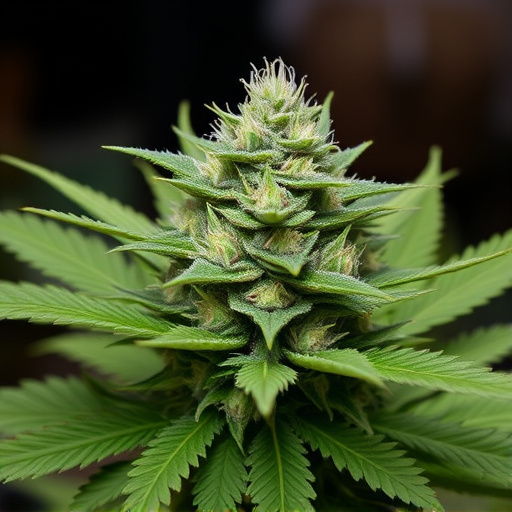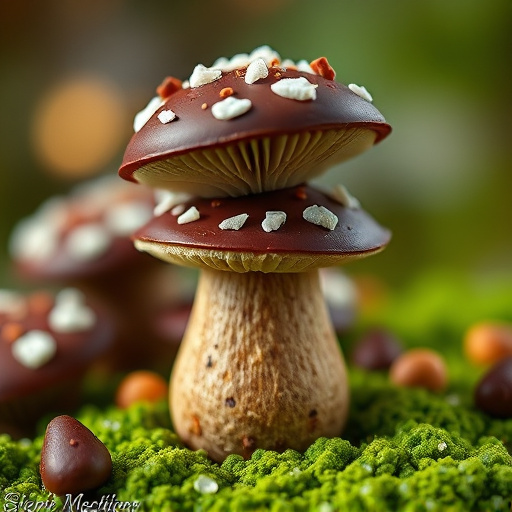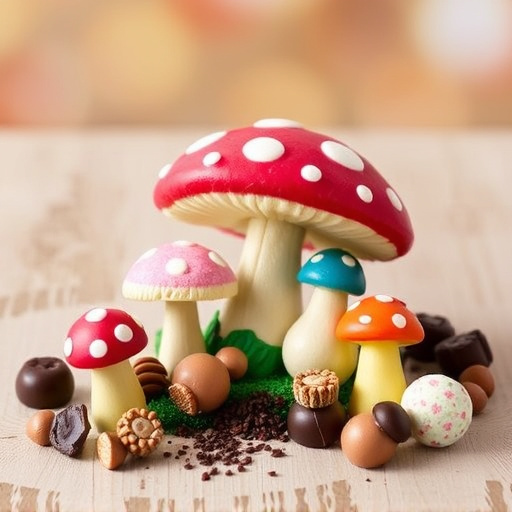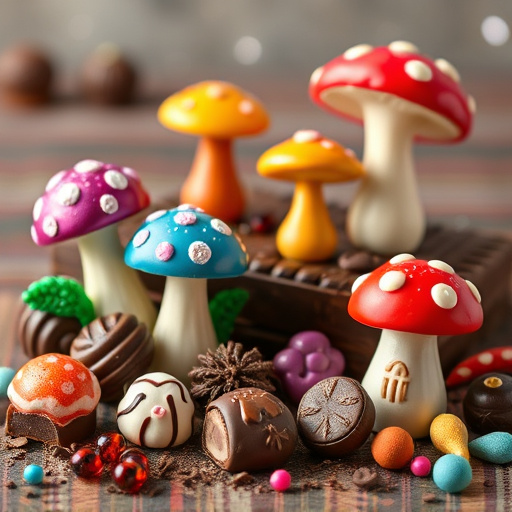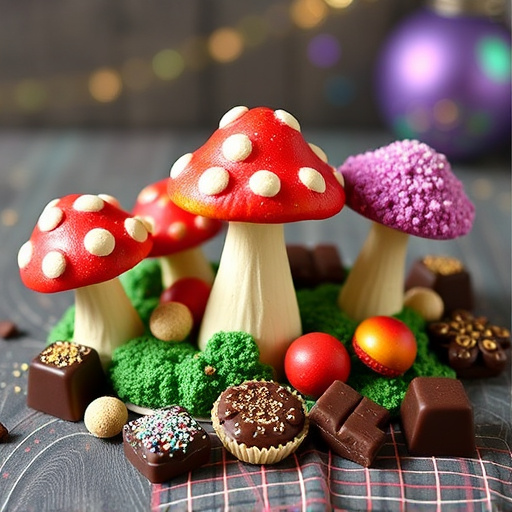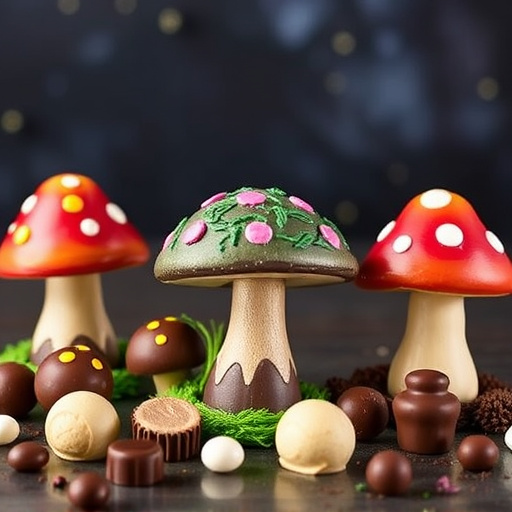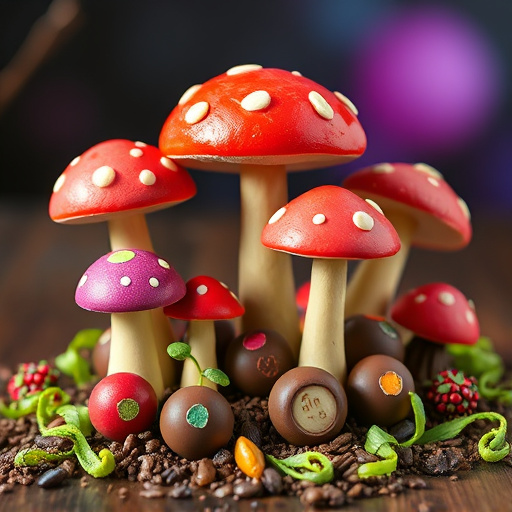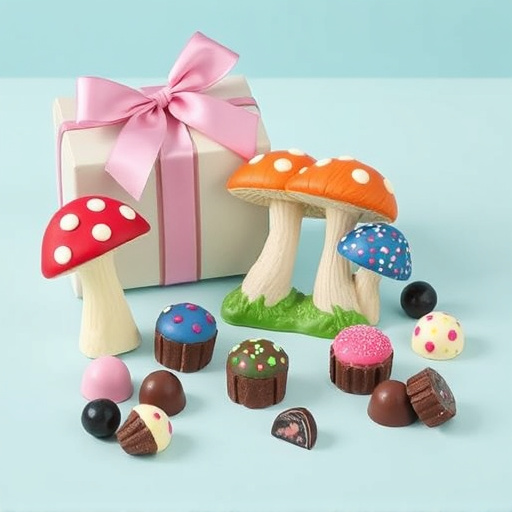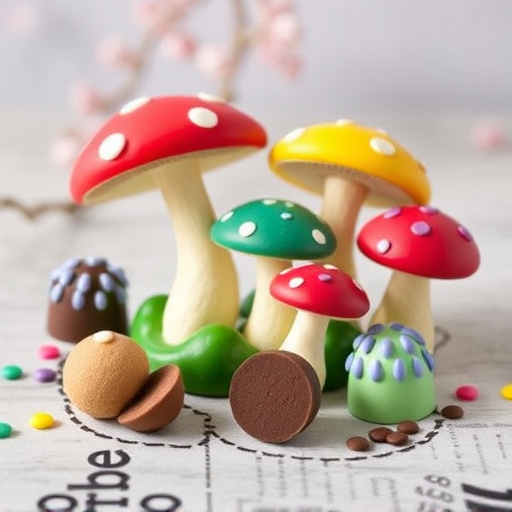Magic mushroom chocolates, containing psychoactive compounds psilocybin and psilocin from mushrooms mixed with chocolate, offer therapeutic potential for mental health conditions but face varying Legal Status globally. While some regions legalize medical or recreational use, others maintain strict prohibitions due to complex regulatory landscapes and ongoing debates around psychedelic substances' safety and efficacy. Understanding local laws is crucial for safety and legal compliance.
“Unveiling the allure of Strongest Magic Mushroom Chocolates, this article offers a comprehensive guide to their effects, composition, and global legal status. From understanding the unique blend of compounds to navigating the evolving legal landscape, we explore the potential benefits and risks. Dive into the world of magic mushroom chocolates, where science meets psychedelic exploration, and discover why their legal status varies across borders. Stay informed as we demystify this intriguing topic.”
- Understanding Magic Mushroom Chocolates: Composition and Effects
- Legal Landscape: The Global Perspective on Magic Mushroom Chocolates
- Potential Benefits and Risks: A Comprehensive Overview
Understanding Magic Mushroom Chocolates: Composition and Effects
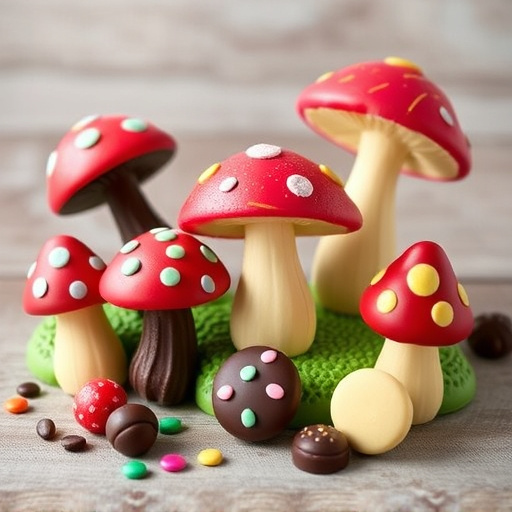
Magic mushroom chocolates, also known as psilocybin chocolate, are culinary creations that blend the psychoactive compounds found in magic mushrooms with edible chocolate forms. The composition typically involves infusing chocolate with psilocybin and psilocin, the primary active compounds responsible for the mushroom’s hallucinogenic effects. It’s crucial to understand that these chocolates aren’t a new phenomenon but rather an evolution of traditional psychedelic practices.
The effects of consuming magic mushroom chocolates can vary greatly depending on factors like dosage, individual tolerance, and psychological setting. Users often report heightened senses, altered perceptions, and spiritual experiences. However, it’s important to acknowledge the legal status of these products, which varies significantly across regions. Some areas have legalized psilocybin-containing edibles for medical or recreational use, while others maintain strict prohibitions. Understanding local laws is essential before considering the consumption of magic mushroom chocolates to ensure safety and avoid legal repercussions.
Legal Landscape: The Global Perspective on Magic Mushroom Chocolates
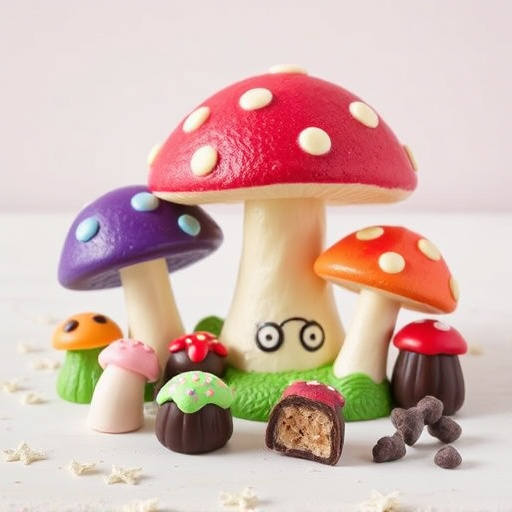
The legal landscape surrounding magic mushroom chocolates is a complex and ever-evolving topic, with varying regulations across different countries. The legal status of magic mushroom chocolates largely depends on the specific psilocybin compounds present and their intended use. In many regions, possession and consumption of psilocybin mushrooms for recreational purposes are illegal due to their psychotropic properties. However, a growing number of countries and states are reevaluating these laws, particularly in light of emerging scientific research suggesting therapeutic potential for certain mental health conditions.
On a global scale, some nations have taken steps towards decriminalization or even legalization, recognizing the medicinal benefits of psilocybin. The Netherlands, for instance, has a relatively liberal approach, allowing the sale and use of small amounts of psilocybin mushrooms for personal use. Conversely, other countries maintain strict controls, classifying psilocybin as a controlled substance with severe penalties for possession or distribution. This global perspective highlights the multifaceted nature of the legal status of magic mushroom chocolates, reflecting societal attitudes, cultural norms, and evolving scientific understanding.
Potential Benefits and Risks: A Comprehensive Overview
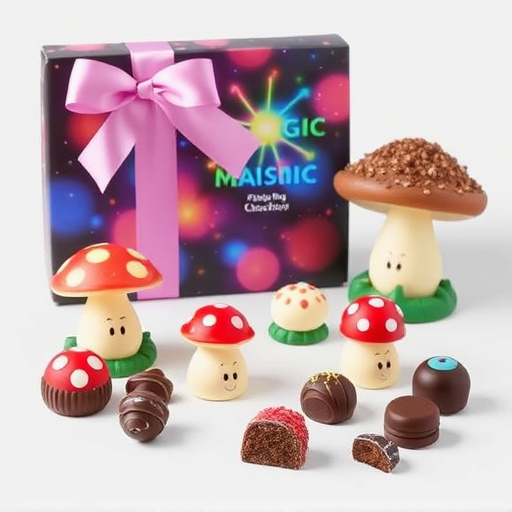
Magic mushroom chocolates, also known as psilocybin chocolate, have gained recent attention for their potential therapeutic effects, but they also come with a range of risks and considerations. The legal status of magic mushroom chocolates varies globally; some countries have decriminalized or legalized them for medical use, while others maintain strict prohibitions. This discrepancy reflects the ongoing debate surrounding psychedelic substances.
On the potential benefits side, psilocybin, the active compound in magic mushrooms, has shown promise in treating various mental health conditions such as depression, anxiety, and post-traumatic stress disorder (PTSD). Research suggests that when consumed in a controlled, therapeutic setting, psilocybin can induce profound spiritual experiences, enhance creativity, and foster emotional healing. However, risks include temporary anxiety, disorientation, and intense psychological reactions, especially if not administered by trained professionals. Additionally, the long-term effects of regular consumption are not yet fully understood.
The global landscape for magic mushroom chocolates is evolving rapidly, with varying legal statuses across regions. As research continues to uncover potential therapeutic benefits while acknowledging risks, it’s crucial to approach these substances with informed caution. Understanding the composition and effects, as well as staying abreast of the changing legal status, is essential for navigating this fascinating and potentially transformative realm.
